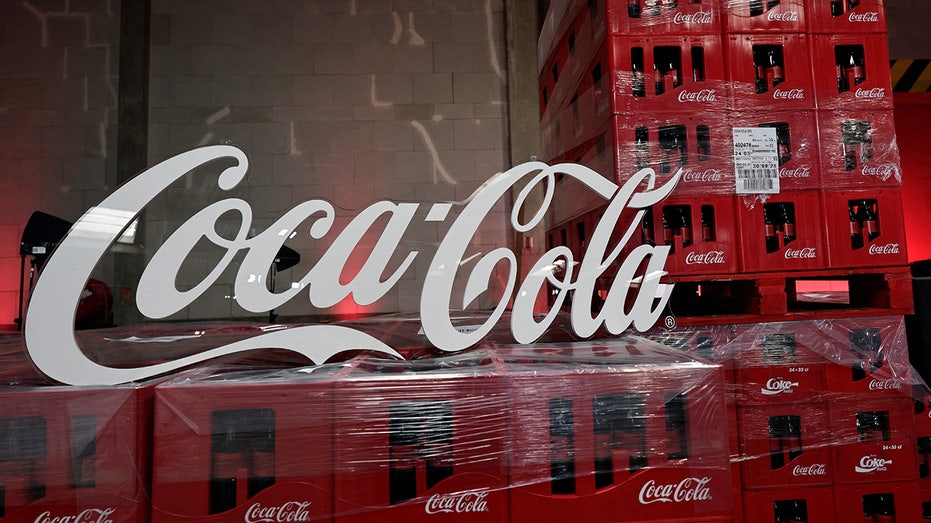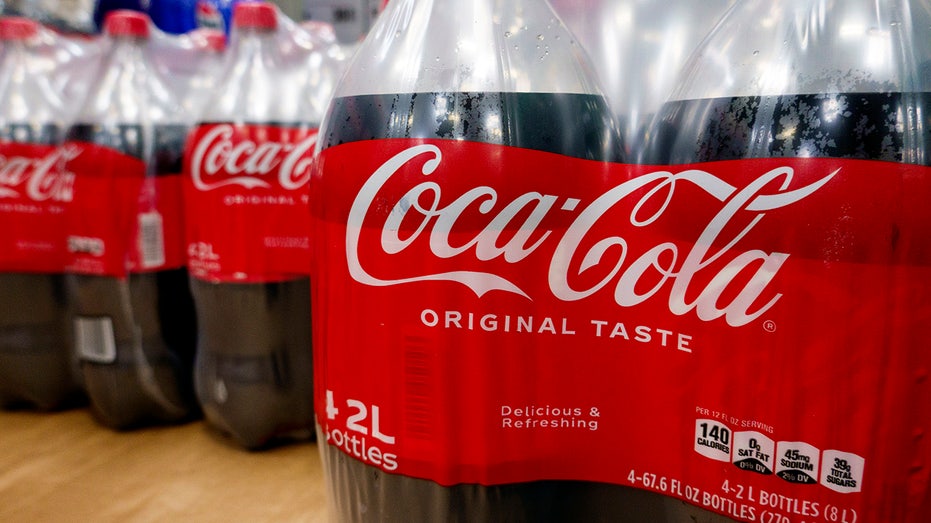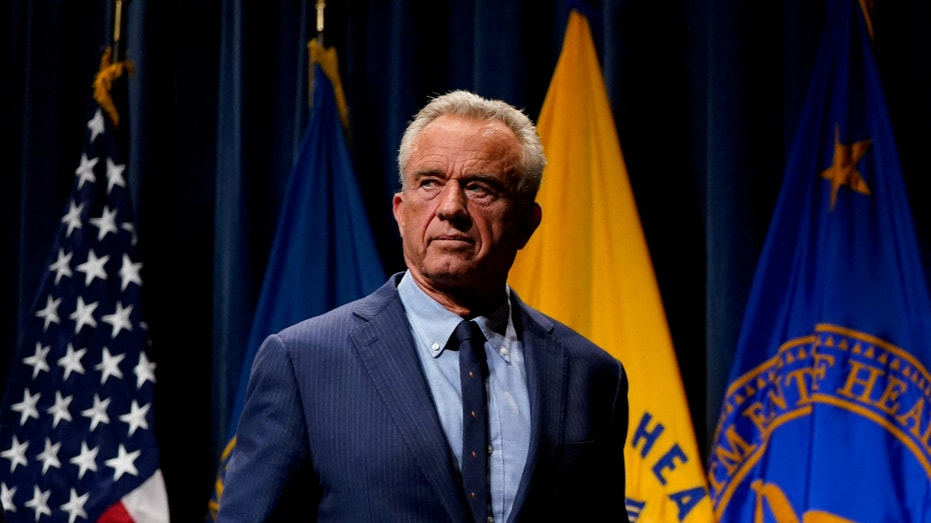Coca-Cola to launch new product with cane sugar this fall following Trump push
Trump admin's goal is to have US food supply use cleaner ingredients
Dr. Marc Siegel on RFK Jr's decision to phase out synthetic food dyes
Fox News senior medical analyst Dr. Marc Siegel weighs in on RFK Jr.'s efforts to make America healthier as he targets sugar and food dyes and his potential decision to drop COVID vaccines for kids.
Coca-Cola announced on Tuesday that it plans to launch a new product made with real sugar as soon as this fall amid ongoing pressure from the Trump administration to ensure the nation’s food supply has cleaner ingredients.
"As part of its ongoing innovation agenda, this fall in the United States, the company plans to launch an offering made with U.S. cane sugar to expand its Trademark Coca-Cola product range," the company said in its second-quarter earnings report. "This addition is designed to complement the company’s strong core portfolio and offer more choices across occasions and preferences."
The announcement comes days after President Donald Trump said on social media that the beverage giant agreed to use "real" cane sugar in Coke sold in the United States.
NUTRITIONISTS REACT TO THE RED FOOD DYE BAN: ‘TOOK FAR TOO LONG’

Coca-Cola announced that it plans to launch a new product made with real sugar as soon as this fall. ( STEPHANE DE SAKUTIN/AFP via Getty Images / Getty Images)
"I have been speaking to Coca-Cola about using REAL Cane Sugar in Coke in the United States, and they have agreed to do so," Trump wrote on Truth Social. "I’d like to thank all of those in authority at Coca-Cola. This will be a very good move by them — You’ll see. It’s just better!"
| Ticker | Security | Last | Change | Change % |
|---|---|---|---|---|
| KO | THE COCA-COLA CO. | 79.03 | +0.52 | +0.66% |
In the 1980s, the beverage giant swapped cane sugar, which came with high tariffs, for high-fructose corn syrup. High-fructose corn syrup was the cheaper alternative due to corn farming subsidies.
After Trump's comments, Arun Sundaram, vice president and senior equity analyst at CFRA Research, projected last week that competitors will follow suit "as demand for cleaner ingredients in food and beverage products continues to rise."
However, industry experts raised concerns that this switch would come at a cost to consumers, given that natural sugar is more expensive.

The announcement comes days after President Donald Trump said on social media that the beverage giant agreed to use "real" cane sugar in Coke sold in the U.S. (Kevin Carter/Getty Images / Getty Images)
The main issue, according to Bryan Le, a food scientist and principal food consultant at Mendocino Food Consulting, is that there is significantly more corn available in the U.S. compared to cane sugar.
The move comes as Health and Human Services Secretary Robert F. Kennedy Jr. has been aggressively examining the nation's food system to address the root causes of chronic childhood diseases since taking office earlier this year.
Under his MAHA initiative, the administration said it would "lead a coordinated transformation of our food, health, and scientific systems" that it believes will "ensure that all Americans—today and in the future—live longer, healthier lives, supported by systems that prioritize prevention, well being, and resilience."
FDA BANS ARTIFICIAL RED DYE: WHAT THIS MEANS FOR CONSUMERS
Kennedy has taken issue with various ingredients, saying that products such as seed oil and FD&C color additives in particular are harmful to humans.

The move comes as Health and Human Services Secretary Robert F. Kennedy Jr. has been aggressively examining the nation's food system to address the root causes of chronic childhood diseases. (Reuters/Elizabeth Frantz / Reuters)
Kennedy and the FDA announced a series of new measures in April to phase out all petroleum-based synthetic dyes from the nation’s food supply, noting that this effort would need voluntary support from food manufacturers.
GET FOX BUSINESS ON THE GO BY CLICKING HERE
A growing number of companies, including General Mills and Kraft Heinz, two of the largest food manufacturers globally, have already voluntarily decided to reformulate products to align with the administration's goals.





















